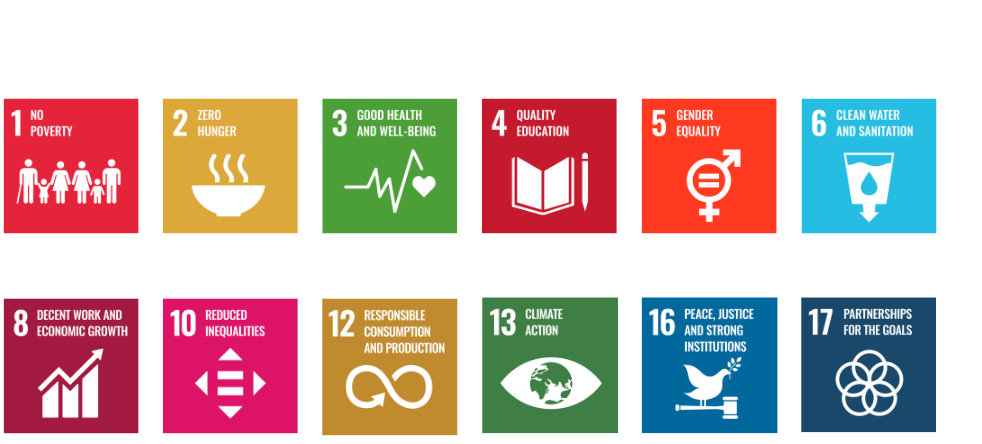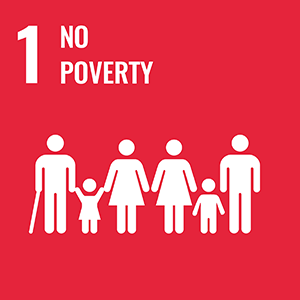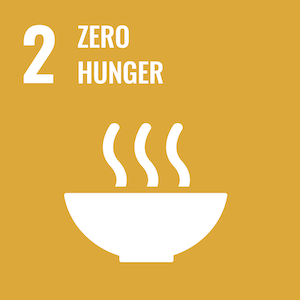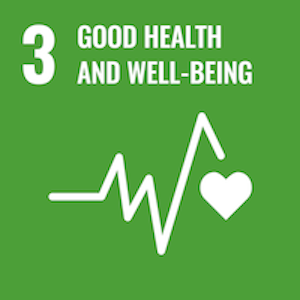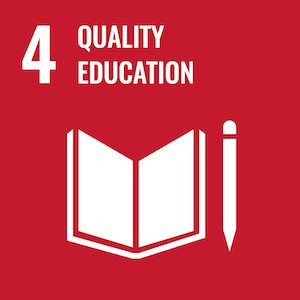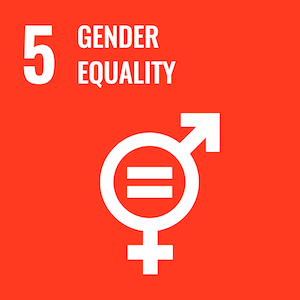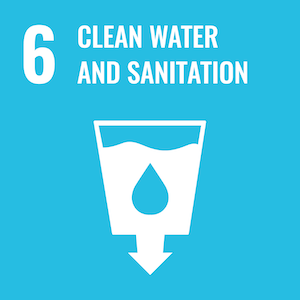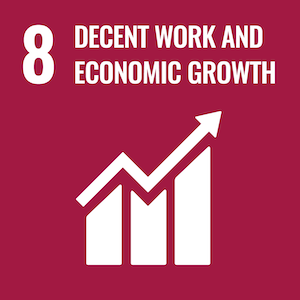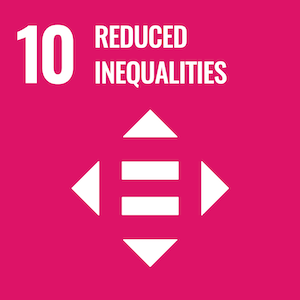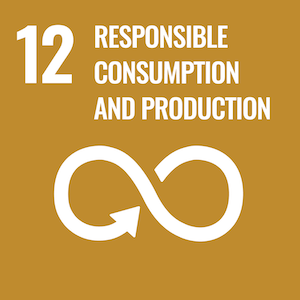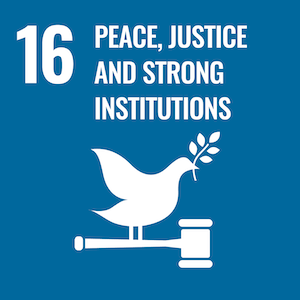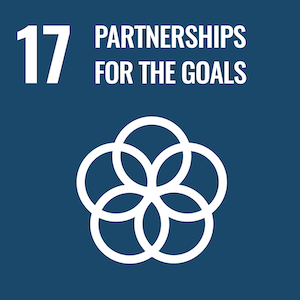Every day, billions of people trust those involved in growing, processing, packaging, distributing, and preparing food correctly so that we can enjoy it without falling ill. Our trust is justified because the people involved in making food – whether close to our homes or on the other side of the world – follow established food safety practices transparently presented in the form of international standards and food safety management systems (FSMS). FSSC is proud to deliver trust for global food safety with our FSMS FSSC 22000. It helps maintain our well-being by identifying and mitigating health risks associated with the consumption of unsafe food, thereby addressing SDG Target 3.3.
The FSSC 24000 Social Management System has a direct impact on health and well-being by caring for workers in all aspects of the consumer goods industry. This includes eliminating forced and child labor, providing a living wage, ensuring health and safety at work, limiting overwork, fostering good labor relationships, and upholding work and business ethics. Through a management system approach that drives continuous improvement on these critical social issues, FSSC 24000 specifically addresses SDG Target 3.9. This target aims to substantially reduce the number of deaths and illnesses caused by hazardous chemicals and pollution of air, water, and soil by 2030. These efforts are implemented by providing all workers with free potable water and clean toilet facilities to reduce the mortality rate attributed to unsafe water, unsafe sanitation, and lack of hygiene.
Foundation FSSC entered a strategic partnership with UNIDO in 2022 to bolster food safety across low- and middle-income countries (LMICs) and develop robust food safety systems in selected LMICs through capacity-building activities. These efforts cultivate a food safety culture at many levels and foster safe food production from farm to fork. For instance, a Training of Trainers program in Ethiopia equipped 22 experts to instruct local support institutes and cooperative members in producing safe moringa products.
In Mongolia, training sessions under the World Bank-funded Export Development Project enhanced export competitiveness for small and medium agribusinesses in the vegetable supply chain. Meanwhile, in Egypt, the establishment of a Tomato Learning and Service Center (TLSC) promotes inclusive and sustainable growth within the tomato value chain by bolstering food safety practices and facilitating access to international markets. As part of these and future UNIDO training activities, FSSC continues to donate funds and provide knowledge resources to support food safety capacity building for local production and consumption in LMICs, thereby addressing SDG Target 4.c.
Our FSSC 24000 Social Management System contributes to SDG Target 4.1, which aims to ensure that all children complete free, equitable, and quality primary and secondary education by 2030, leading to appropriate and effective learning outcomes. The Scheme supports this goal by mandating that organizations comply with the minimum age of work, which must be no less than the age of completion of compulsory education. This requirement helps ensure that children remain in school until they complete their primary and secondary education, thereby promoting educational attainment and improving learning outcomes.
